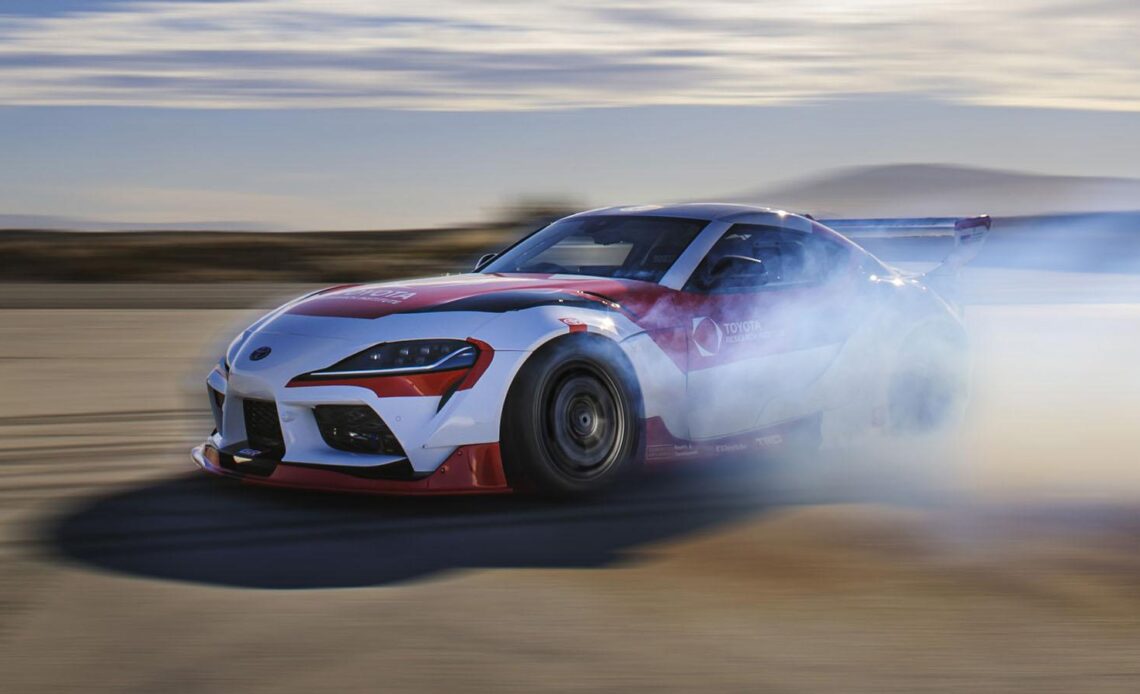
When the automotive community awaits dawn of a fully autonomous self-driving car, the Toyota Research Institute (Tri) has other things in mind. Care for a floating vehicle itself, especially the new Supra with Toyota Nonlinier Model Predictive Control (NMPC) Autonomous Drifting Technology?
The genius thought in Tri managed to program Supra to float around the closed track, and look confusing in action. It looks fun and all, but the overall focus is to help drivers utilize drifting which is controlled to avoid other road obstacles or hazards – like driving on the feared black ice road.
“Through this project, we expand the area where the car can be controlled, with the aim of providing regular drivers of instinctual reflexes from drivers of professional racing cars to be able to handle the most challenging emergencies on the road,” Avinash Balachandran said. , Senior Manager of Research Driving Human Sentris Tri.
The idea began a year ago when Tri and a dynamic design lab at Stanford University began exchanging new active security levels to prevent crashes and fatalities. Working together with the Legend Ken Gushi Drift and Japanese aftermarket tuning expert Greddy, Brainiacs develop new software that builds the skills of an expert driver. “In Tri, our goal is to use advanced technology that adds and strengthens humans, does not replace it,” added Balachandran.
Prediction control software The Toyota nonlinear model (NMPC) develops a control scheme that combines vehicle dynamics and specific-drifting techniques. This system allows test cars to “slip controlled” and avoid barriers without driver intervention.
The car in question is the Toyota Gr Supra modified with machines, chassis, transmission, and updated suspensions. It is also equipped with a roll cage and a fire suppressor system like a drift formula car. After playing for a full year, the team took the car to Thunderhill Raceway Park in Willows, California, to conduct trial trials.
Other modifications include steering, throttle, sequential transmission, and individual wheel braking. Tri further added the NMPC controller running on the X86 computer, while the INS 250 Hz RTK-GNSS-aided-aided system transmits vehicle information to Blokes with a laptop.
Toyota continues to push the boundaries of the next level of automotive technology with the supra floating itself. In April 2021, the car maker built an internal combustion engine that runs on hydrogen. Furthermore, he installed a machine in the Toyota Corolla hatchback that raced to compete in the Super Taikyu 2421 Super Taikyu durability series, making it the only entry that burned hydrogen, not plain fossil fuels.
And in December, Toyota launched the GR Yaris with a three-cylinder turbocharged hydrogen-burn factory. Can we expect supra or hydrogen-powered Grogen, immediately from Toyota? Maybe not, but the attractive combination of powerplant burns clean and self-drifting software is the same as much fun on the road – or horse racing, in this case.
